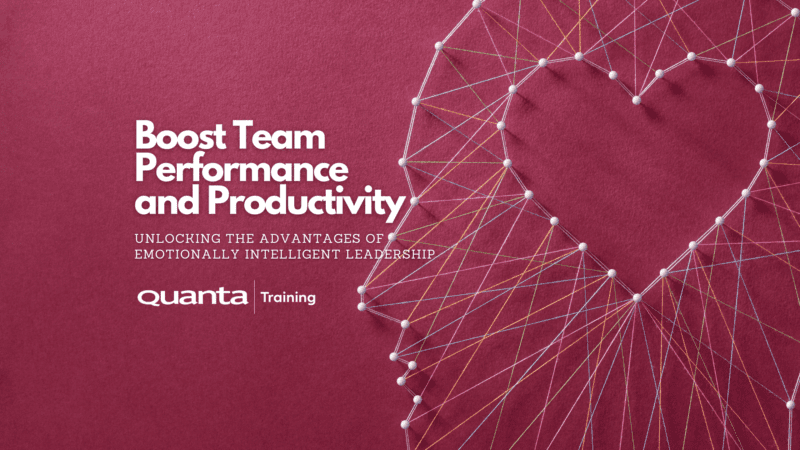Ensuring projects always get the green light
The APMG-accredited Better Business Cases foundation and practitioner combined course is based on the ‘Five Case Model’ – the UK government’s best practice approach to developing spending proposals and enabling effective business decisions – a comprehensive strategic and systematic approach for developing a business case.
Throughout the course you will learn how to create proposals that accurately scope requirements, support the initiation of successful change activities and secure management support and funding for your organisational change initiatives.
Book a Private Event
If you require the content of this event tailored or have around 7 or more people to train it maybe better for you to host a Private Event, please get in touch to discuss this.
Get in touchDescription
Who is this course for
Senior Responsible Owners (SROs), Programme Directors and other Directors with responsibility for the successful delivery of programmes and projects.
Project Managers, Project Team members and specialist advisers tasked with delivering a business case for investment.
Officers involved in the scrutiny and review of investment proposals.
You will learn how to
- Understand the philosophy and underlying rationale of the Five Case Model.
- Recognise the different types of business case, their purpose, who is responsible for them and when they are required in the development of a spending proposal.
- Understand the development lifecycle of the business case in relation to other recognized and recommended best practice for programme and project management.
- Develop effective business cases and spending proposals that appropriately scope the initiative and secure funding and management support.
- The development lifecycle of a business case and the relationships between the five cases.
- How to apply the steps in the business case development framework, in order to support the production of a business case, using the Five Case Model, for a given scenario.
Prerequisites
There are no pre-requisites for the foundation course, however a basic understanding of projects and business change would be beneficial. In order to take the practitioner exam you will need to have passed the foundation exam.Benefits for you as an individual
Attending this course will enable you to become a certified business case professional able to apply the Five Case Model to a real project and will equip you with the tools and techniques you will need to become a subject matter expert in building better business cases with the full range of knowledge and skills at your fingertips.
You will learn to work effectively with a team and to develop a strong business case for your projects and change initiatives and to effectively tailor the guidance to align with your organisational needs, increasing the chances of delivering a successful project.
Benefits for your organisation
Change initiatives often fail at the first hurdle as the business case fails to convince senior management of the return on investment. Creating effective business cases and spending proposals is therefore critical to the development of a comprehensive project implementation plan and securing funding and management buy-in.
Overview of the Five Case Model
- Key Components of a Business Case
- Key Stages in the development of a spending proposal
- Understanding of terms and concepts
Developing the Strategic Case
- Purpose & Content of a Strategic Case
- Defining risks
- Defining Benefits
- SMART Objectives
- The Case for Change
Developing the Economic Case
- Critical Success Factors
- Long Listed Options
- Short Listed Options
- Benefits Appraisals
- Risk Assessment
- Sensitivity Analysis
Developing the Commercial Case
- Procurement strategy Route
- Service Requirements & Outputs
- Risk Assignment
- Charging Mechanism
- Personnel Implications
Developing the Financial Case
- Capital and Revenue Requirements
- Impact on Balance Sheet
- Net Effect on Prices
- Affordability & funding
Developing the Management Case
- Understand Project management Controls
- Understand Change management arrangements
- Understand benefits realisation arrangements
- Post implementation & Evaluation arrangements
Additional Exam Information
Foundation
- Multiple Choice
- 50 questions
- 25 marks or more required to pass (out of 50 available) - 50%
- 40 minutes duration
- Closed book
Practitioner
- Objective testing
- 4 questions per paper, with 20 marks available per question
- 40 marks or more required to pass (out of 80 available) - 50%
- 2 ½ hours duration
- Open book exam (International Guide to developing the Project Business Case and International Guide to developing the Programme Business Case only)
Pre-Coursework
Please note, there may be a small amount of evening work to complete such as further reading or working though sample exam papers.Get Started
Forget trawling through endless course catalogues – Find the training that’s right for you
Learn MoreLatest from our blog
Kanban and Agile: Bridging the Gap
Kanban and Agile: Bridging the Gap Quanta’s Kanban University Certified Trainer Steve Church explores the way in which Agile and…
Read More
How a Ballerina could move into Cybersecurity
Jason Ford, Quanta Cybersecurity and IT Trainer talks about the limitations in Cybersecurity Training courses. Jason discusses a safe and…
Read More
Boost Team Performance and Productivity: Unlocking the Advantages of Emotionally Intelligent Leadership
Quanta People Development and Leadership Trainer, Giles Collins outlines the key elements of Emotionally Intelligent Leadership and how it impacts…
Read More





